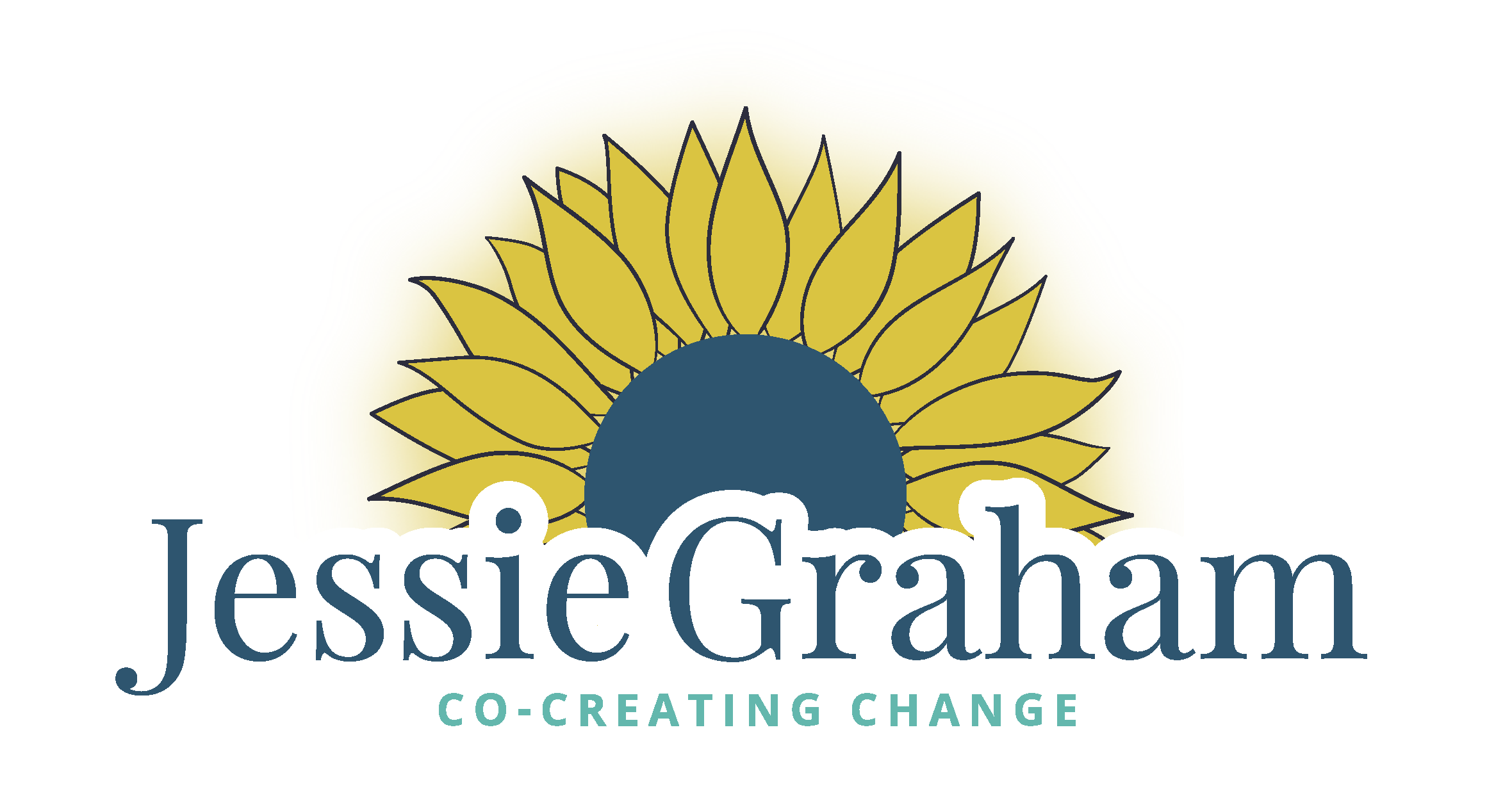Shifting the Practice of Speech Language Pathology - Sending a New Message
I am curious if any of my colleagues are having a similar realization about the work we do as Speech Language Pathologists with young children, especially remote services?
Over the past few years I have realized that the impact of my work is most effective when I share my knowledge and therapy strategies with parents and teachers and support them in understanding their child’s challenges. By working directly with children at school or at home the parent and teacher, (who know the child best) are disengaged from the process.
In addition, the child is expected to meet with an adult privately in a room, being taken out of their classroom which can send them message that they should go with unfamiliar adults to unfamiliar places. When we work remotely with children I feel we are giving them a similar message. Go on the computer with an unfamiliar adult and do what they tell you. Hmmm. The more I learn about ACES and Trauma Informed Practices, this is not lining up with the message I want to provide children and adults.
Please understand, I have been doing this for 30 years. I now have a new awareness. I have been unpacking the impact of ACES for the children I have worked with, their families as well as my own.
I love children. I want to “help” children communicate. I was “trained” and “educated” in the area of Communication Sciences and Disorders. I have changed and that valuable information is still a part of who I am. I am choosing to use it differently. I believe that our society is changing. We now all have access to information about just about anything we need to learn about. Our young children are information wizards because they too have access to unlimited information.
So, I would like to propose that we empower them to learn about their own communication skills, speech skills and language skills and offer them an opportunity to become self-aware and direct their learning with the guidance of caring adults.
I would also like to propose that we empower parents to understand their impact on their child’s speech and language development and help them learn to meet them where they are at so they can develop and grow together. Parents are the most powerful teacher to their young child. They talk and listen to their children more than any other person. When children attend school we must pair that notion with the child’s relationship to their teacher. Healthy relationships are the key ingredient for learning and brain development.
So what does this look like? This looks like providing Speech and Language coaches for parents and teachers from the beginning. For each childcare provider, for each early educator, as a referral from pediatricians. We can look at this as a “communication coach”. The key reason for Speech and Language needs is a challenge with communication as perceived by the adult. Young children are not self referring for services.
When we refer children we are sending the message that “something is wrong with them” when we coach adults we are looking at “what happened to them? and what were their earliest life experiences that impacted their speech and language development?”
We must begin to look at the child’s earliest experiences, understanding how positive and adverse experiences influence communication development, from speech, to language to pragmatic development. This is an integrated approach. It is most effective because it looks at the whole child and their environment, most importantly their relationships.
As I look at IEPs that target speech sounds and grammatical conventions I see opportunities to educate our adults about how and why children learn these skills, each child learns them differently. By collaborating with the adults who know the child best we can connect them with materials and influence literacy development and mathematical understanding. We can support social development.
We now know that children with 4 or more Adverse Childhood Experiences have a significant risk for learning challenges. The sooner we look at these risks and support those children and families in learning about Positive Childhood Experiences we can effect change rapidly and effectively.
This change requires Speech Language Pathologists and Early Education Professionals and Teachers and Pediatricians and University Clinics to look at our work differently. I have recently attended a professional development event promoting this shift through the American Speech Language Hearing Association.
The shift is coming. In the meantime, I am not willing to provide services for young children on a screen or in a room, without their primary caregiver or teacher present. And prior to pulling a child out to receive services I will have a meeting with the parent and the other adults who have concerns about the child’s communication to learn more about the best ways to support them, the adults to influence the child’s development and learning. We all have access to the information we need. I will support you with the process of learning and developing skillful interaction strategies with children.
I challenge you to think about what the message is you are giving children by intervening with them in an isolated place or on a screen. Children need a sense of safety. They need connection with familiar adults that know them, see them and hear them for who they are. The system is shifting. Are you?
I will be glad to schedule and introductory coaching conversation to provide these services or support Speech Language Pathologists in shifting their practices.
Let’s co-create the change we want to see in the world.
Psychological and physical safety, connection and healthy relationships support communication development.
